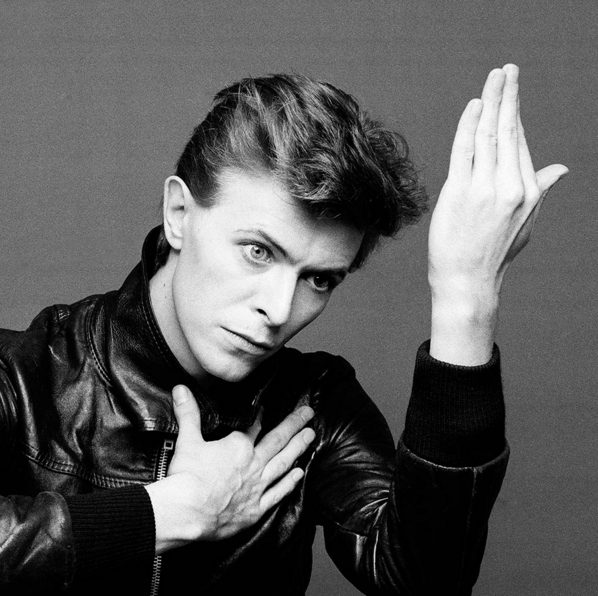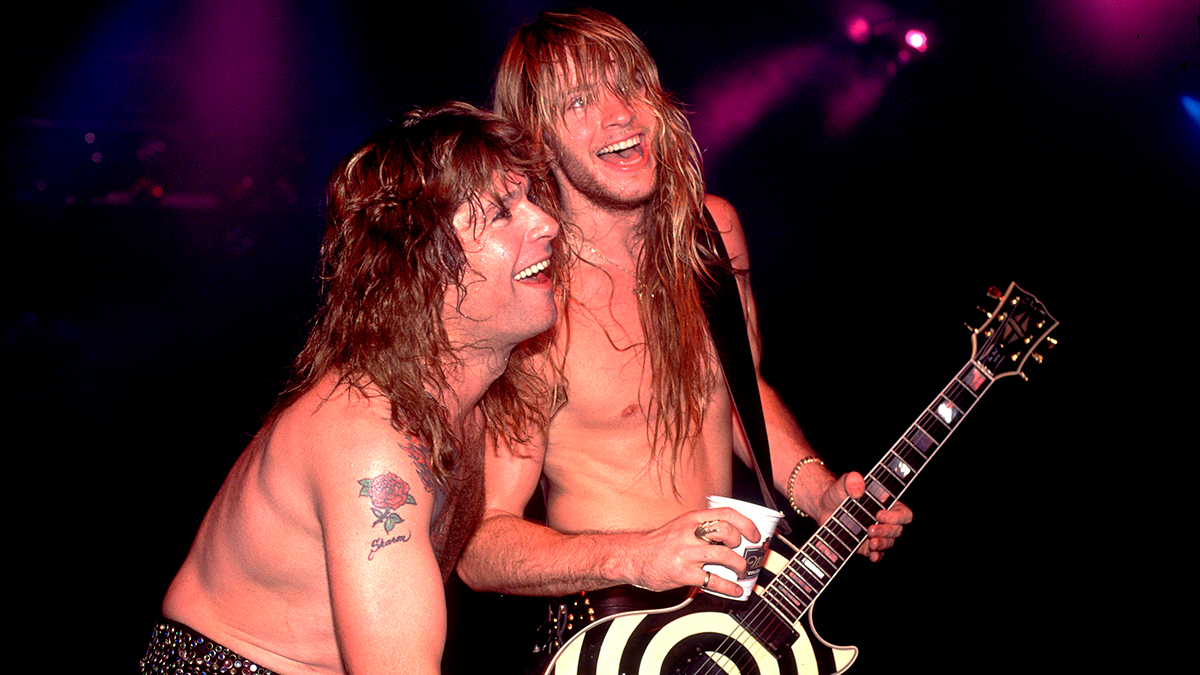David Bowie Dead: Legendary Rocker Was 69

David Bowie, the legendary musician, singer-songwriter and actor, died Sunday (January 10) after an 18-month-long battle with cancer. He was 69.
His Facebook page officially announced the news:
"David Bowie died peacefully today surrounded by his family after a courageous 18-month battle with cancer. While many of you will share in this loss, we ask that you respect the family's privacy during their time of grief."
Bowie, who was born David Robert Jones in South London, scored his first hit in 1969 with "Space Oddity" and secured an enduring fan base with two legendary early albums, The Man Who Sold the World and Hunky Dory.
His breakthrough happened in 1972, when he unveiled his alter ego, Ziggy Stardust. He leveraged that glam-rock persona and popularity to produce albums for Lou Reed and Iggy Pop before retiring the Stardust character in 1973. In 1975, he achieved his first No. 1 hit in the U.S. with the song "Fame," which was co-written by John Lennon, who also sings on the track.
Bowie was inducted into the Rock and Roll Hall of Fame in 1996 and given the Grammy Lifetime Achievement Award in 2006. In 1997, he celebrated his 50th birthday, playing a sold-out show at Madison Square Garden alongside the Foo Fighters, Billy Corgan, Lou Reed, Robert Smith and Frank Black.
In 2004, he suffered chest pains while performing at a festival in Germany and collapsed backstage. While Bowie initially thought he pinched a nerve in his shoulder, the pain was later diagnosed as a clogged coronary artery and required emergency heart surgery. Rumors of his failing health persisted after the incident and his appearance was apparently cause for concern in 2012, when he was spotted in New York City looking like a "pale shadow of his former self," according to The Telegraph.
All the latest guitar news, interviews, lessons, reviews, deals and more, direct to your inbox!
Bowie released his 25th album, Blackstar, January 8, which happened to be his 69th birthday.
Bowie's son, Duncan, tweeted a photo of his father holding him early Monday morning and wrote, "Very sorry and sad to say it's true." The singer's frequent collaborator, Brian Eno, tweeted, "Words cannot express."
SIDE NOTE: David Bowie and Stevie Ray Vaughan
It’s crazy enough that, in the synth-happy early Eighties, newcomer Stevie Ray Vaughan had a top-20 hit with a Strat-fueled, 12-bar-blues shuffle called “Pride and Joy.” Even more bizarre is that, that same year, his raunchy Albert King–inspired bends graced a bona-fide mega-hit, Bowie’s jittery “Let’s Dance,” which spent a solid three weeks at the top of the charts.
The song—and the album of the same name—is notable because it served as the world’s introduction to Vaughan’s dynamic fretwork, a fact lost on most of Bowie’s newer, younger audience.
Vaughan met Bowie at the 1982 Montreux Jazz Festival in Switzerland. After SRV's performance, Bowie was so impressed with the guitarist he later said, "[he] completely floored me. I probably hadn't been so gung-ho about a guitar player since seeing Jeff Beck with his band the Tridents." Of Bowie, Vaughan said, "To tell you the truth, I was not very familiar with David's music when he asked me to play on the sessions. ... David and I talked for hours and hours about our music, about funky Texas blues and its roots. I was amazed at how interested he was."
Since 1980, Guitar World has been the ultimate resource for guitarists. Whether you want to learn the techniques employed by your guitar heroes, read about their latest projects or simply need to know which guitar is the right one to buy, Guitar World is the place to look.

